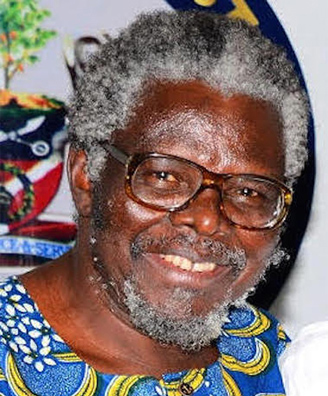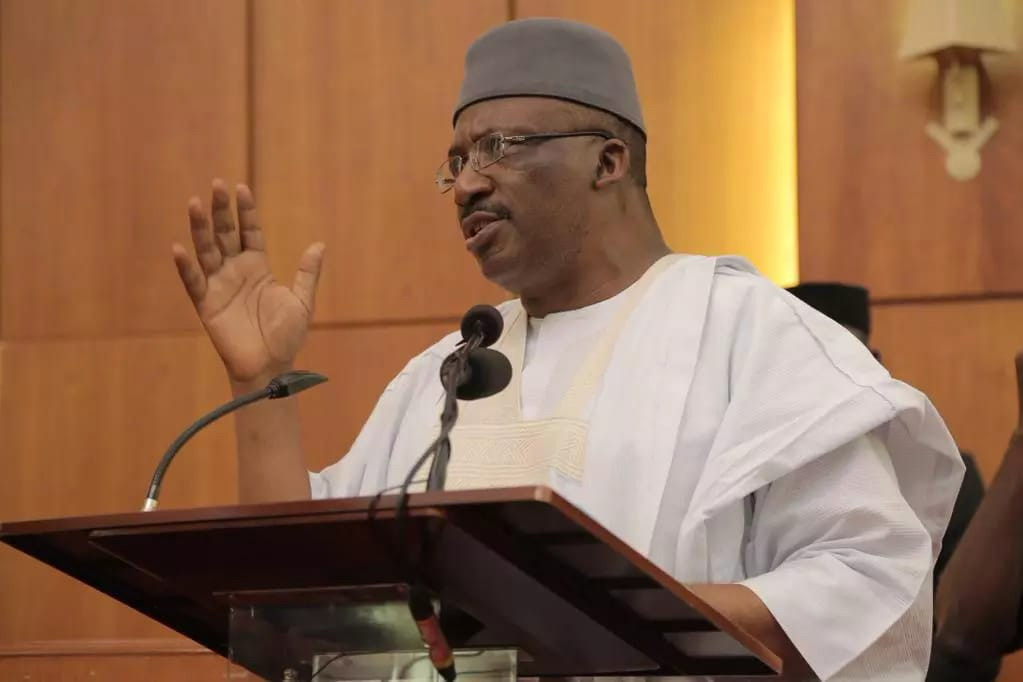While we are having all the conversations about how much has been stolen in Nigeria and how to repatriate such criminal proceeds, I suggest that our leaders begin to quickly ideate on practical ways to reverse the frightening level of poverty in the land. There is nothing more deserving of utmost urgency in today’s Nigeria.
In our usual hasty and unreflective response to issues, someone is bound to surmise that recovery of loot and stopping corruption are two of the ways to reverse the pervasive lack that Nigerians currently grapple with, but I disagree.
No matter the level of corruption that has been perpetrated in a country, taking care of the people is a first charge necessity. And creative governance works to save the common man from despondency. Governments find ways to put their people to work and provide social safety nets to ease the burden of everyday living. Governments make public institutions work so that the proletariat do not get trapped in the web of temptation that leads to corruptive infractions. If these do not happen, there will be no way to stop delinquency from attending official negligence. The unproductive mind is the laboratory for assorted evil machinations.
So, when government elevates any other objective above the well-being of the mass of the people, such a government barks up the wrong tree, especially if the priority is the elimination of corruption. There is so much that a deprived people care about morality especially when their leaders serve mammon and flaunt the same in their faces.
Advertisement
The Yoruba people have a saying that compliments Abraham Maslow’s “Theory of Human Motivation.” The saying: “Ti ebi ba kuro ninu ise, ise buse” ties the importance of the ability of man to feed with dignity such that the moment a man is able to feed himself and his family, the magnitude of his poverty pales significantly. To expect righteous and unquestioning patriotism from men and women, who have not been paid salaries for months or whose salaries no longer take them home, is to expect pigs to fly, nothing but mere pipe dreaming.
Concerning the extant battle against corruption in Nigeria, copious progress is evidently being made in dissuading top government appointees, who possibly live in government houses, drive cars fuelled and maintained by government and have access to choice medical attention within and outside the country, from stealing, but how much attention do we pay to the working class whose purchasing power has diminished considerably, even when he is paid?
Just this Monday, former President Olusegun Obasanjo told a delegation of the Economic Community of West African States of the dangers that starvation portends for the sub-region. This came after Doctors without Borders spoke about the malnourishment of children among internally displaced persons in Bama, Borno State. About 480 of such children have allegedly died over the past couple of months.
Advertisement
The problem is not just the north-east. One of the most outlandish stories out of Nigeria recently is that of Mallam Yusuf Bala, who allegedly exchanged his five-year-old son for a bag of rice in Kano State. The Guardian also recently reported that the theft of food being cooked on fire has become a common occurrence in Ilorin, the capital of Kwara State. The report quoted a number of people who came back to the spots where they were cooking with firewood to find fire burning without pot or food. Those who did the stealing did so without consternation about being caught in the act. Party venues have also become places where women stray in to collect food for themselves and their families.
So, if we cannot feed our population, to the extent that experts now associate children’s poor academic performance to dietary deficiencies, if we have such a huge number of able-bodied men and women without gainful employment, if Nigeria is blessed with large arable land (74 million hectares of fertile land out of which only 34 million hectares are cultivated) and if the petroleum resources which we bank on are exhaustible, what is government at all levels doing about agriculture beyond lip service?
Life has become two for a penny with Nigerians dying from all sorts of aliments including non-communicable diseases because they eat what they get instead of deliberately feeding on wholesome foods.
The country has become a dumping ground for substandard products from everywhere in the world. Thirty years ago, used cars were a rarity in Nigeria. The few used cars in the country then would most likely be found with commercial transport operators, the Nigerian middle class drove new cars with loans facilitated by banks and their places of work but that has become history now. A majority of cars on our roads now are used cars while nearly hundred per cent of these belong to supposedly middle class people.
Advertisement
Yet, these are the ones capable of giving us victory over petty corruption. Quite a number of these are the low-and mid-level public officials who interact with ordinary citizens, who often are trying to access basic goods or services in places like hospitals, schools, police departments and other agencies. Now, these same people are at the receiving end of the current harsh economic realities. Workers live here without hope but we expect an angelic state. You are then forced to wonder whether the recklessness of the ruling class is due to incapacity or wickedness or a combination of both.
Governor Akinwumi Ambode of Lagos State recently decided to invoke the law that places embargo on street hawking. One is in no doubt as to the governor’s motive but an irreducible minimum demand of good governance is compassion for the people. In dealing with the street trading phenomenon therefore, there is a need to dig into the reasons why able-bodied men and women precariously run after cars in spite of the temperament of the elements. It is the first question that should pop up in the circumstance and it reminds of the “you are a widow go and die” GovernorAdams Oshiomhole sound bite.
It is worrisome that we do not yet see how our local, state and federal governments plan to save the lives of millions of Nigerians from illiteracy, hunger and diseases. What are the plans that we have for the restoration of the dignity of the Nigerian?
What does it cost every state government in Nigeria to establish farm settlements and incentivise youths to go into agriculture? With that we will tackle the twin dilemma of unemployment and starvation.
Advertisement
What are the plans that our leaders have for the enrolment, retention and completion of schools by over 11 million out-of-school children in Nigeria? How do we plan to reverse our deficit in the science, technology, engineering and mathematics subjects?
What is the plan to safeguard the lives of Nigerians who do not have the recourse of medical tourism in Europe and America? When governments talk about improving health care delivery in Nigeria, they mostly mean building more hospitals, but what about building systems that make professionals accountable and ease access? How do we ensure the survival of all Nigerian children and improve life expectancy in the country?
Advertisement
Leaders at all levels in Nigeria must learn compassion and empathy. There is an inspiring example that I always find in the story of President Paul Kagame of Rwanda who engaged himself with the task of unifying his people after the genocidal civil war in the country and then went ahead to establish a vision 2020, aimed at transforming Rwanda from an impoverished state into a middle income country. The country has made significant progress in its economy achieving near universal access to primary and secondary education while the people take enormous pride in their country.
Nigerian leaders need to get to work promptly. Our people now wear poverty about like clothes while leaders pursue self-glory, paying only a token of attention to the people. But then poverty, when it grows into resentment, is usually precursory to all forms of violence and crime. Some of those have already manifested in insurgencies but we are yet to learn lessons.
Advertisement
Views expressed by contributors are strictly personal and not of TheCable.
Add a comment







